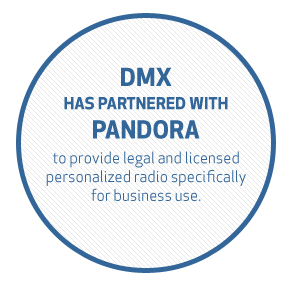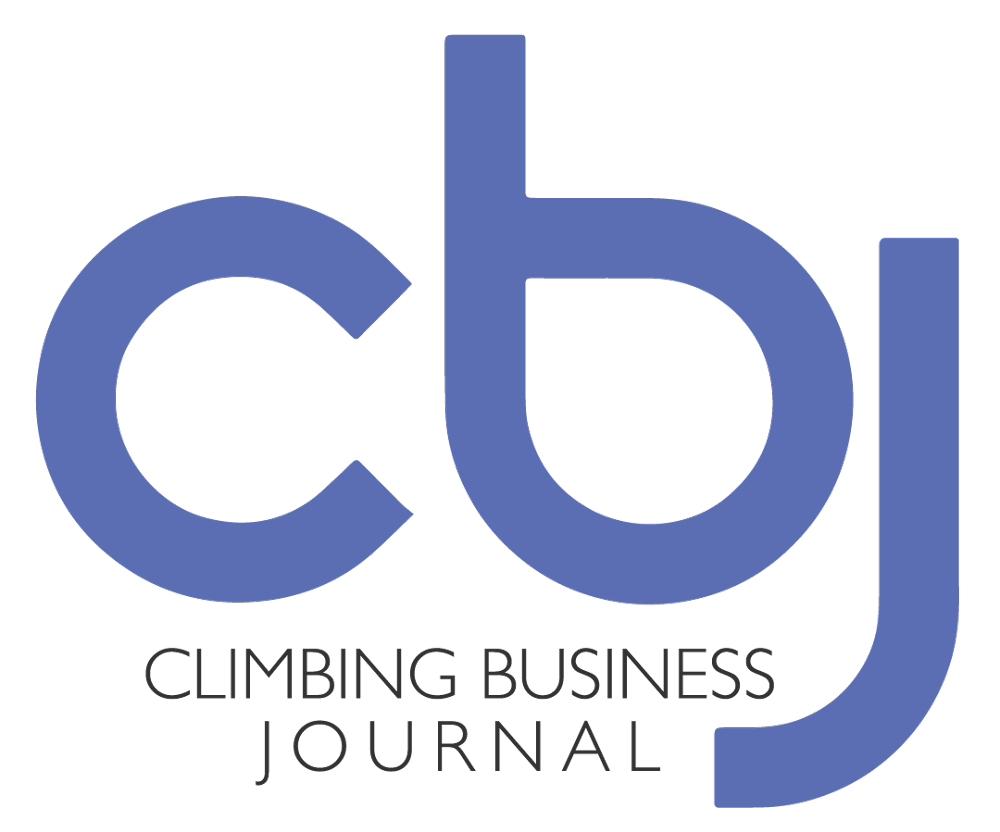At this very moment, climbing gyms across America are pumping pop, rock, reggae and other background music into their facilities to entertain customers while they climb or work out. Whether the music came from CDs or MP3s, satellite radio or streaming music services like Pandora and Spotify — or whatever other music service their hip, young staff have discovered — chances are the music being played is in violation of federal law.
While you may be entitled to personal use of this music, according to U.S. Copyright Law playing music at your business is considered a “public performance” and requires a license from the copyright holder. The reasoning behind the license is that your business is benefiting from the performance of the music, and thus the artists should be fairly compensated.
In the U.S. music licensing is managed by a handful of Performing Rights Organizations (PROs): ASCAP (American Society of Composers, Authors and Publishers), BMI and SESAC. The royalties collected by the these organizations are distributed to the artists, authors, composers, publishers and other rightsholders.
BUSINESS ACCOUNTS

About now some you may be congratulating yourself for being a lawful license holder because you were savvy enough to sign up for a business account through Pandora (Pandora for Business by DMX) or SiriusXM for Business. These services promise to provide unlimited, ad-free and fully licensed music for your business.
DMX advertises that they have partnered with Pandora “to provide legal and licensed personalized radio specifically for business use.” SiriusXM for Business claims “We save you both time and money by paying all royalty fees including ASCAP, BMI and SESAC — costs you would otherwise incur if you use CDs, MP3s or regular radio for your overhead music.”
Unfortunately, if you are using these services at your climbing facility you are still breaking the law.
Tucked deep in their terms and customer agreements is this unfortunate clause: “The Service is not authorized for use in connection with a business that charges an admission fee (such as nightclubs, bowling alleys, fitness centers, skate parks, etc).” A spokesman for Mood Media, which owns DMX, confirmed that the Pandora for Business service would only be allowed in areas “where people can be without paying a fee – such as a lobby or front desk area.”
While restaurants, coffee shops, retail stores, hair salons, medical offices, hotels and the like are allowed to use these services to play music day and night, a climbing gym that charges admission is not.
SMALL BUSINESS EXEMPTION
The U.S. copyright Law does have some exemptions for small businesses that meet certain criteria. According to Section 110 of the law a business may perform music broadcast by a radio or television station providing the facility is either, (1) less than 2,000 square feet, or (2) the music is broadcast by not more than 6 speakers, of which not more than 4 speakers are located in any room.
Even if you do meet these criteria, you will still be subjected to the DJ chatter and commercials broadcast by these stations.
UNDER THE RADAR
It is true that, because of the difficulty of monitoring the millions of performances of copyrighted music taking place every day, many businesses do not pay the royalties they should. However, performance rights organizations have grown increasingly vigilant about enforcing their licensing agreements. The Better Business Bureau informs its members that they should not be surprised if they are contacted and offered music licensing agreements by ASCAP, BMI, and SESAC representatives—either by mail, phone or in person.
Furthermore, BMI and ASCAP file hundreds of copyright infringement lawsuits each year, although historically these lawsuits have targeted restaurant and bar owners. According to the BBB, performing music without the proper license could lead to a civil suit in federal court with fines of up to $150,000 for each copyrighted song, plus the copyright owners’ legal fees.
A ROYAL(TY) PAIN
If you do want to follow the letter of the law, what are your options?
One avenue is to obtain a blanket license from all three of the PROs: BMI, ASCAP and SESAC. The PROs determine your licensing fee based on your businesses category, although each use a different methodology for determining how much your license will cost.
An annual license from BMI for background music at an indoor recreation facility is a flat rate of $660 per year. A license from ASCAP for a fitness center, according to the customer service representative we spoke to, will cost $230 for up to 3 speakers, with each additional speaker adding $47. SESAC doesn’t list their license fees online, and we were unable to reach a spokesperson to confirm their rates.
Thankfully these blanket licenses will cover all types of music played at your facility, whether its music played from your iPod, streamed from the web, beamed from a satellite or performed by a DJ or live band — yes, even live performances require a license. However, music played during a fitness class is a special situation that is not covered by the blanket public performance license!
The other option is contract with a commercial music service. CBJ was able to locate one service, Rockbot, that provides music and licensing services to businesses in the fitness industry. According to Garrett Dodge, co-founder of Rockbot, their service can be used to provide background music to fitness centers that charge a membership fee (but is not licensed for use during fitness classes).
Simple enough, right? Of course, we recommend that you speak to a trusted attorney to ensure that you are meeting all requirements of the law.

Climbing Business Journal is an independent news outlet dedicated to covering the indoor climbing industry. Here you will find the latest coverage of climbing industry news, gym developments, industry best practices, risk management, climbing competitions, youth coaching and routesetting. Have an article idea? CBJ loves to hear from readers like you!






